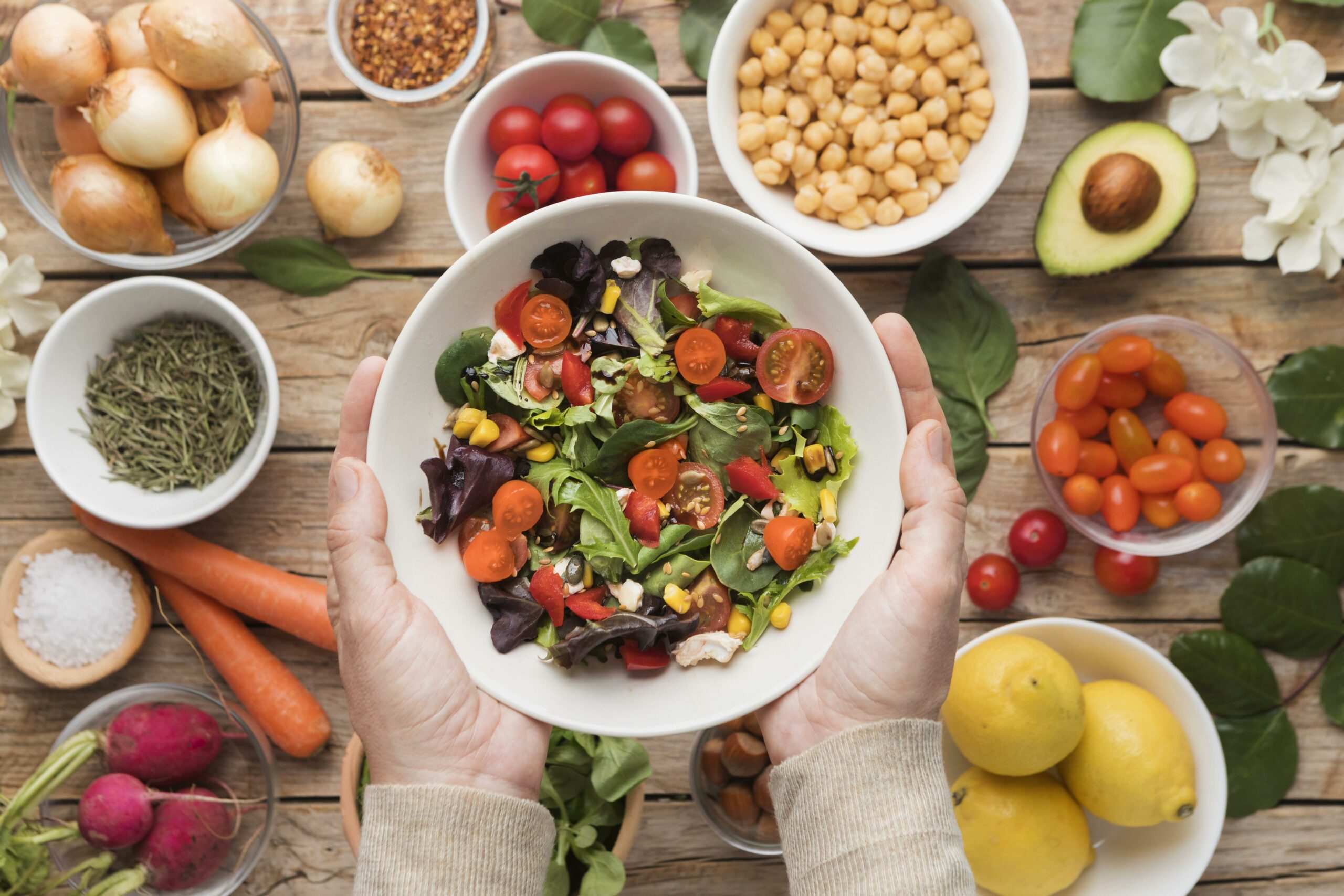Eating habits are great indicators of the health of our liver. The better our diet is, the better this important organ will function. At the same time, there are a series of foods that we should avoid consuming in large quantities in order to stay healthy in all aspects.
The liver performs vital functions in the human body, including the major task of helping the stomach digest food, eliminate toxins and store energy.
It is of utmost importance to have a good diet and to keep away bad habits such as, for example, drinking alcohol or smoking. Let us remember that having a liver disease complicates our daily life and can be life-threatening.
However, it is necessary to take into account that liver disease can be caused not only by a series of bad habits. It can also be inherited (genetic), viruses and obesity.
What are the eating habits that are harmful to the liver?
- Sugary soft drinks: Alcohol is not the only beverage that can wreak serious havoc on your liver. So can sugary drinks and soft drinks. “In high doses, they can cause liver toxicity. Foods that provide the most fructose (one of the toxic ingredients in soft drinks) contain highly refined sugars.”
- Some sauces: If you want to take care of your liver, another of the best things you can do is say goodbye to ketchup or mustard. Unless you choose to make them yourself, since the problem lies in the fact that, like soft drinks, they contain a lot of added sugars.
- French fries: unless you cook them yourself, if you buy them already frozen they are likely to be high in saturated fats. “Diets high in these types of lipids lead to an increase in the fat present in the liver and affect a person’s resistance to insulin,” explains Leann Poston, a doctor specializing in liver disease.
- Vegetable oils: “Vegetable oil oxidizes more quickly than olive oil when frying, contributing to liver damage through non-alcoholic fatty liver disease,” says Kelly Cole, a British nurse.
- Deli meats: The amount of sodium contained in these types of meat products can cause an imbalance in the body’s fluid proportions, which “makes it difficult for the liver to filter efficiently,” says John Fawkes, a dietician and nutrition specialist. “This could cause much more serious liver problems down the road.”
Diet for liver disease
Some patients with liver disease have to eat a special diet. This diet protects the liver when it is subjected to hard work and helps it to function.
- Reduce the amount of animal protein you eat. This will help reduce the buildup of toxic waste products.
- Increase your carbohydrate intake so that it is proportional to the amount of protein you eat.
- Eat fruits and vegetables, as well as lean protein such as legumes, chicken and fish. Avoid raw seafood.
- Take vitamins and medications prescribed by your healthcare provider for low blood counts, neurological problems, or nutritional problems from liver disease.
- Limit salt intake. Salt in the diet can worsen fluid buildup and swelling in the liver.














